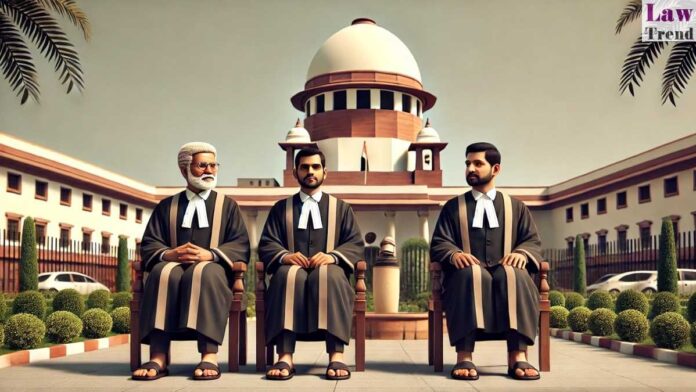The Supreme Court of India has ruled that a second judge of the same High Court cannot revisit and overturn a prior finding of contempt made by another coordinate bench. The ruling came in a civil appeal filed by Rajan Chadha and Rajiv Chadha challenging the dismissal of their contempt petition against Sanjay Arora by
To Read More Please Subscribe to VIP Membership for Unlimited Access to All the Articles, Download Available Copies of Judgments/Order, Acess to Central/State Bare Acts, Advertisement Free Content, Access to More than 4000 Legal Drafts( Readymade Editable Formats of Suits, Petitions, Writs, Legal Notices, Divorce Petitions, 138 Notices, Bail Applications etc.) in Hindi and English.




